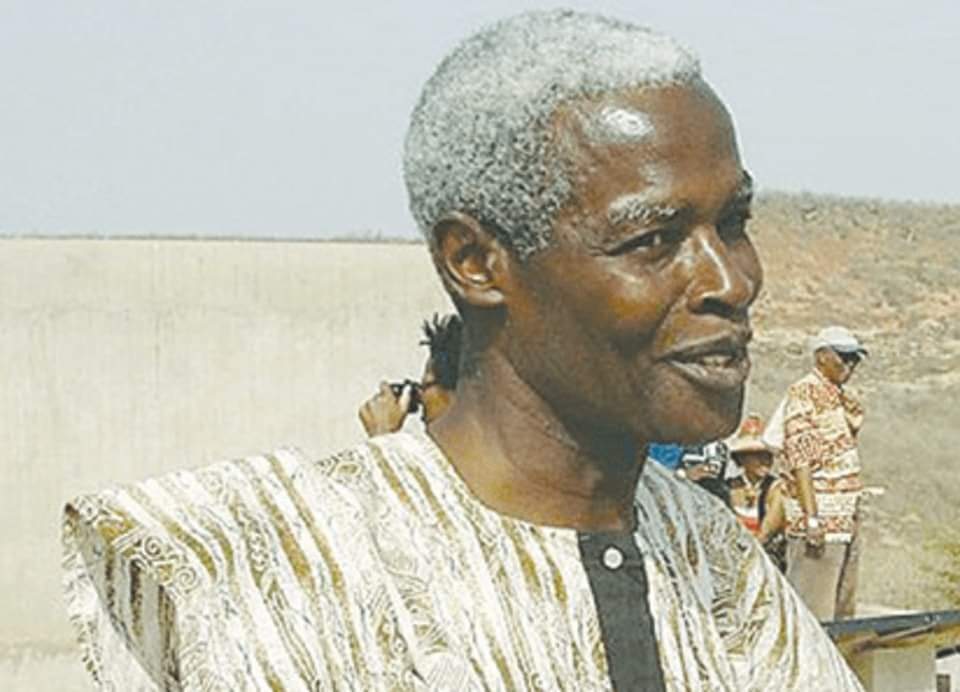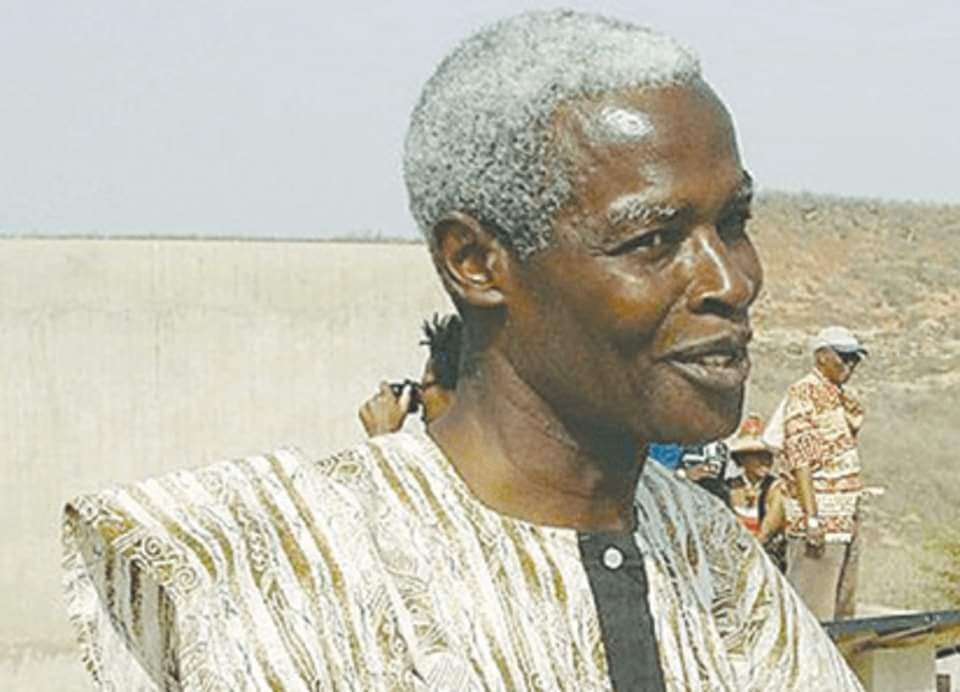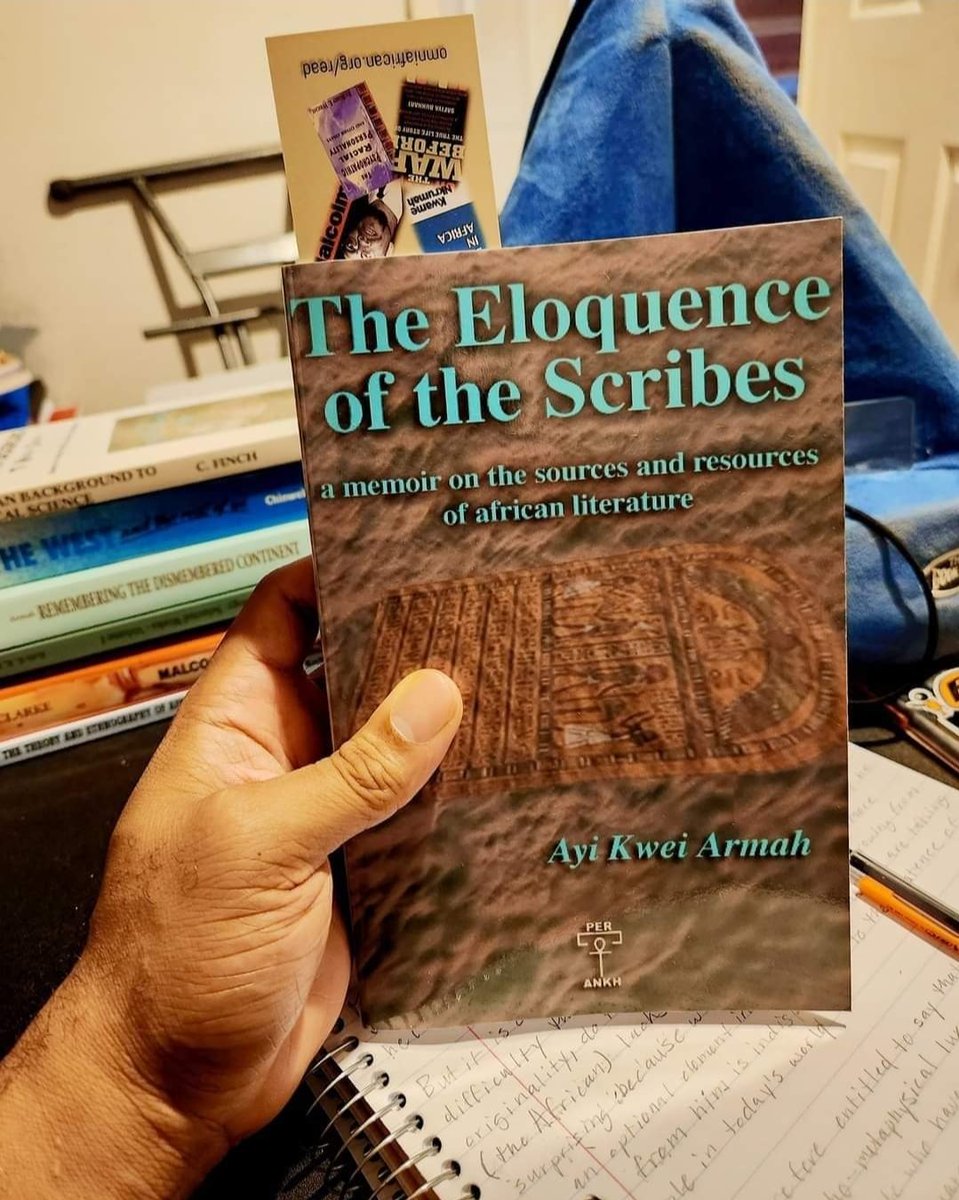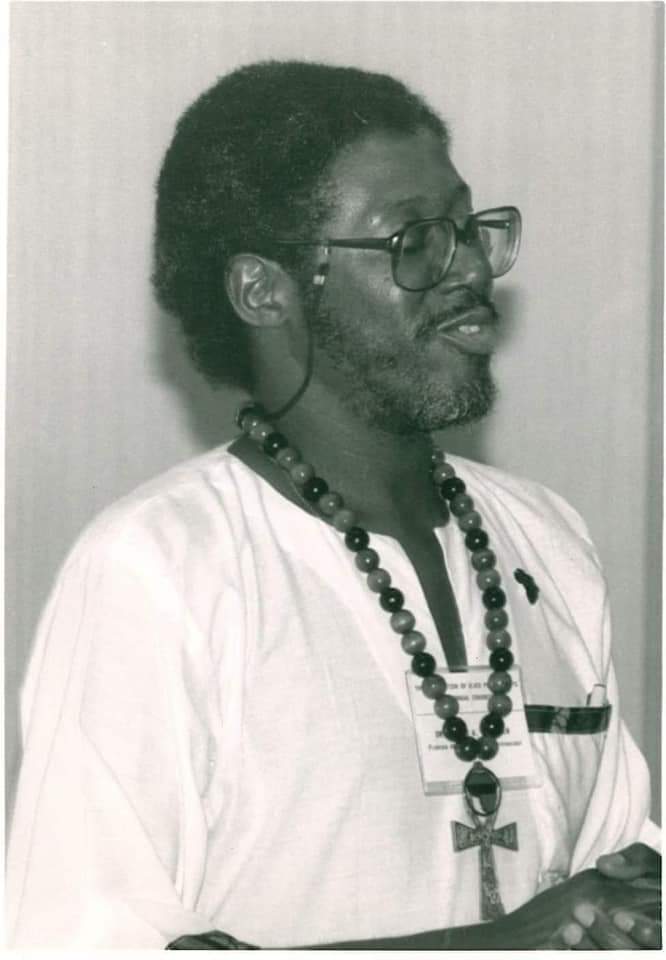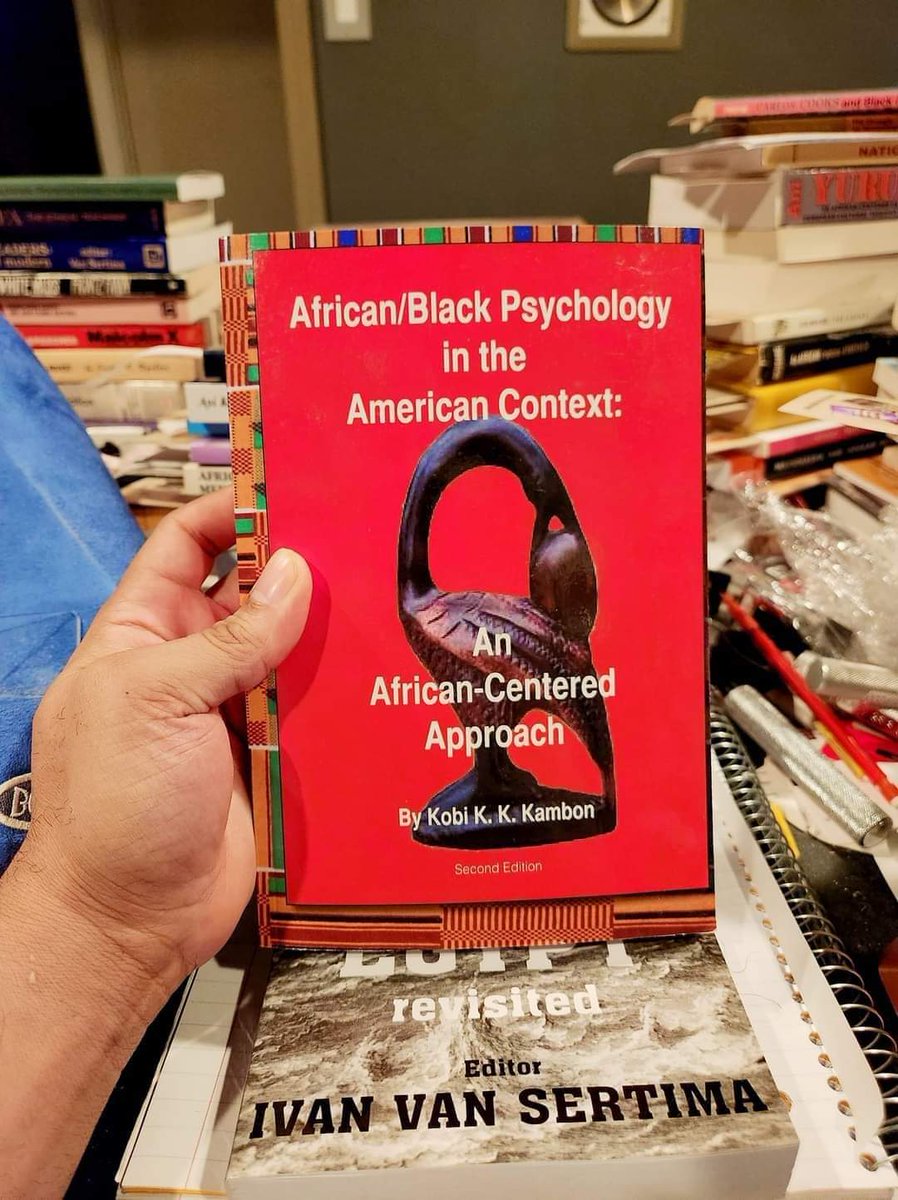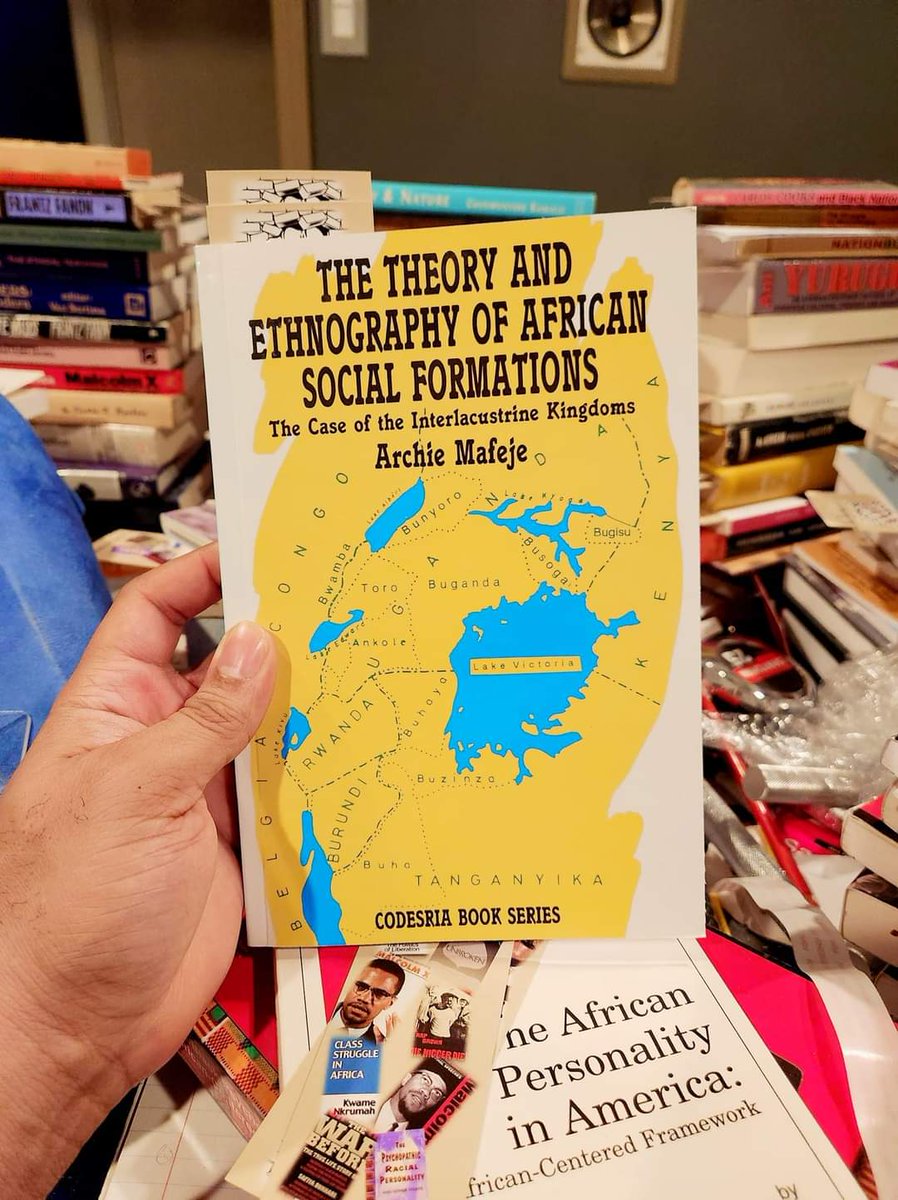A thread on the Ancient Egyptian population from Cheikh Anta Diop:
"Falkenburger reopened the anthropological study of the Egyptian population in a recent work in which he discusses 1,787 male skulls varying in date from the old Pre-Dynastic to our own day.



"Falkenburger reopened the anthropological study of the Egyptian population in a recent work in which he discusses 1,787 male skulls varying in date from the old Pre-Dynastic to our own day.



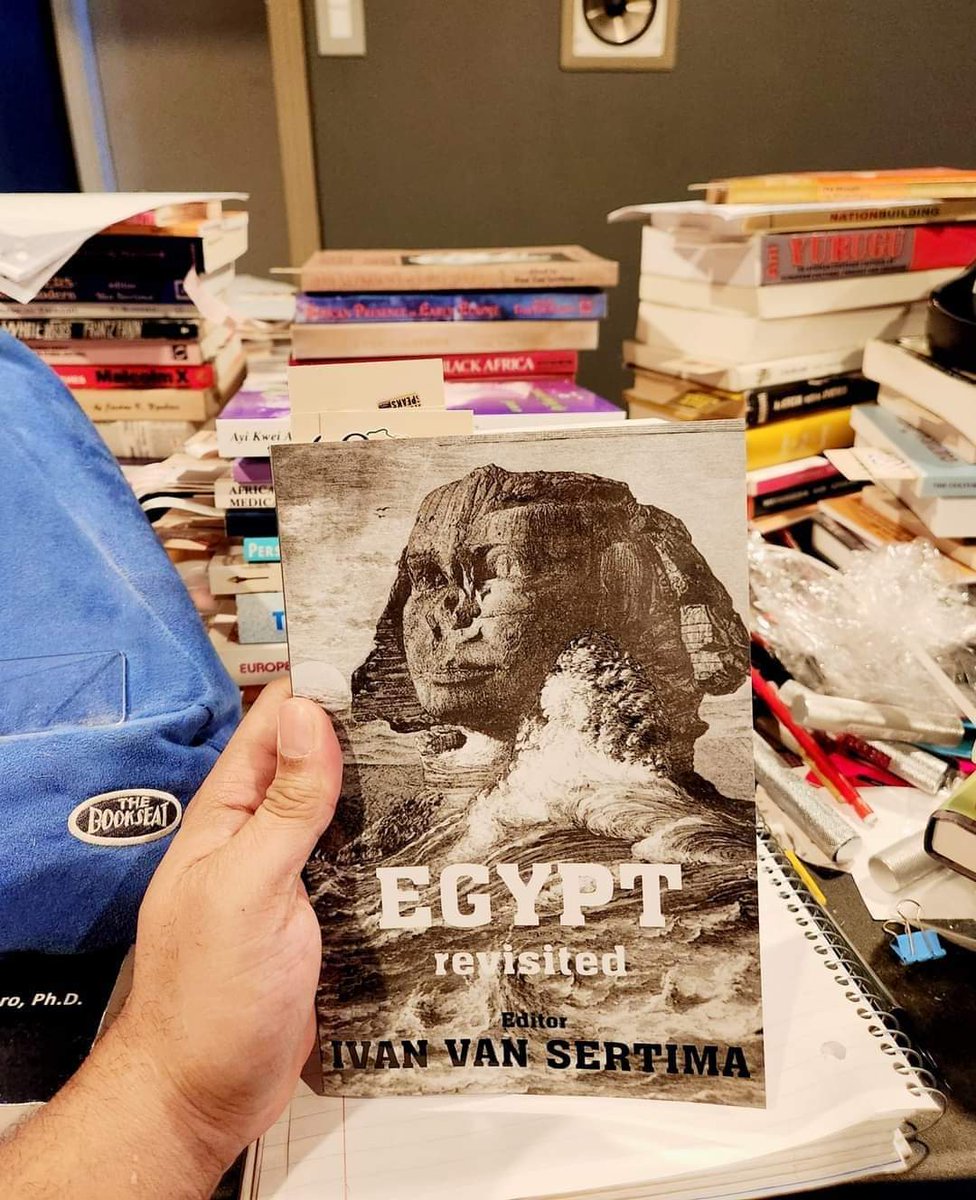
He distinguishes four main groups' (p.421). The sorting of the predynastic skulls into these four groups gives the following results for the whole predynastic period: '36% negroid, 33% Mediterranean, approximating either to the Cro-Magnoid or to the negroid'. 







The proportion of negroids is definitely higher than that suggested by Thomson and Randall MacIver, though Kieth considers the latter too high.
'Do Falkenberger's figures reflect the reality? It is not our task to decide this.



'Do Falkenberger's figures reflect the reality? It is not our task to decide this.




If they are accurate, the Pre-Dynastic population far from representing a pure bred race, as Elliott-Smith has said, comprised at least three distinct racial elements----over a third of negroids, a third of Mediterraneans, 







a tenth of Cro-Magnoids and a fifth of individuals crossbred----to varying degrees' (p.422).
The point about all these conclusions is that despite their discrepancies the degree to which they converge proves that the basis of the Egyptian population was negro in the Pre-Dynastic



The point about all these conclusions is that despite their discrepancies the degree to which they converge proves that the basis of the Egyptian population was negro in the Pre-Dynastic




epoch. Thus they are all incompatible with the theories that the negro element only infiltrated into Egypt at a late stage.
Far otherwise, the facts prove that it was preponderant from the beginning to the end of Egyptian history, particularly when we note once more that '



Far otherwise, the facts prove that it was preponderant from the beginning to the end of Egyptian history, particularly when we note once more that '
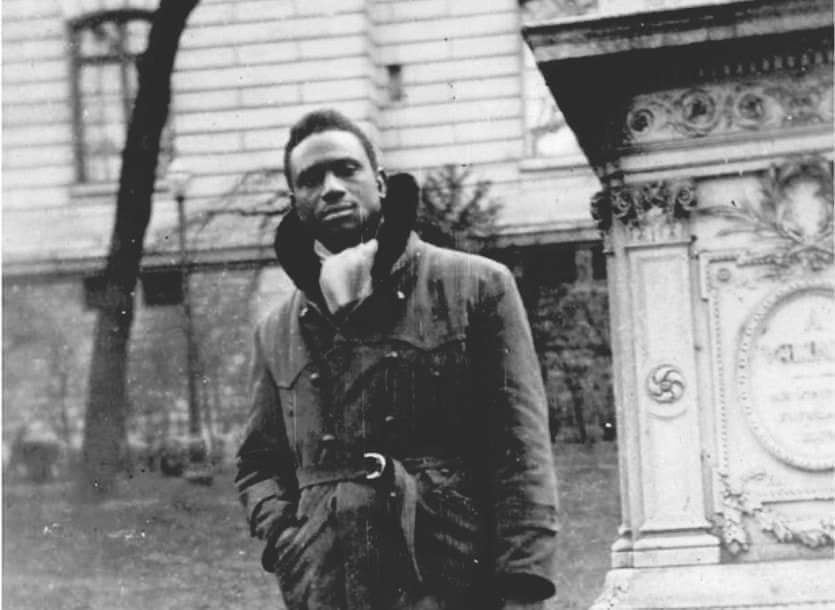



Mediterranean' is not a synonym for 'white', Elliott-Smith's 'brown or Mediterranean race being nearer the mark'.
Elliott-Smith classes these Proto-Egyptians as a branch of what he calls the brown race, which is the same as Sergi's "Mediterranean or Eurafrican race."'



Elliott-Smith classes these Proto-Egyptians as a branch of what he calls the brown race, which is the same as Sergi's "Mediterranean or Eurafrican race."'

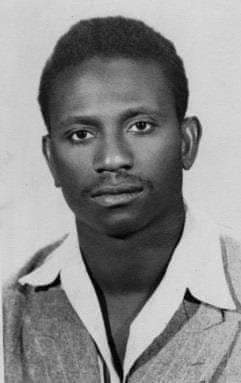


The term 'brown' in this context refers to skin colour and is simply a population which was negro, barring an infiltration of white nomads in the proto-dynastic epoch."
-Dr. Cheikh Anta Diop
#EgyptRevisited
#CheikhAntaDiop
#IvanVanSertima
#anthropologie
#craniology



-Dr. Cheikh Anta Diop
#EgyptRevisited
#CheikhAntaDiop
#IvanVanSertima
#anthropologie
#craniology




• • •
Missing some Tweet in this thread? You can try to
force a refresh


